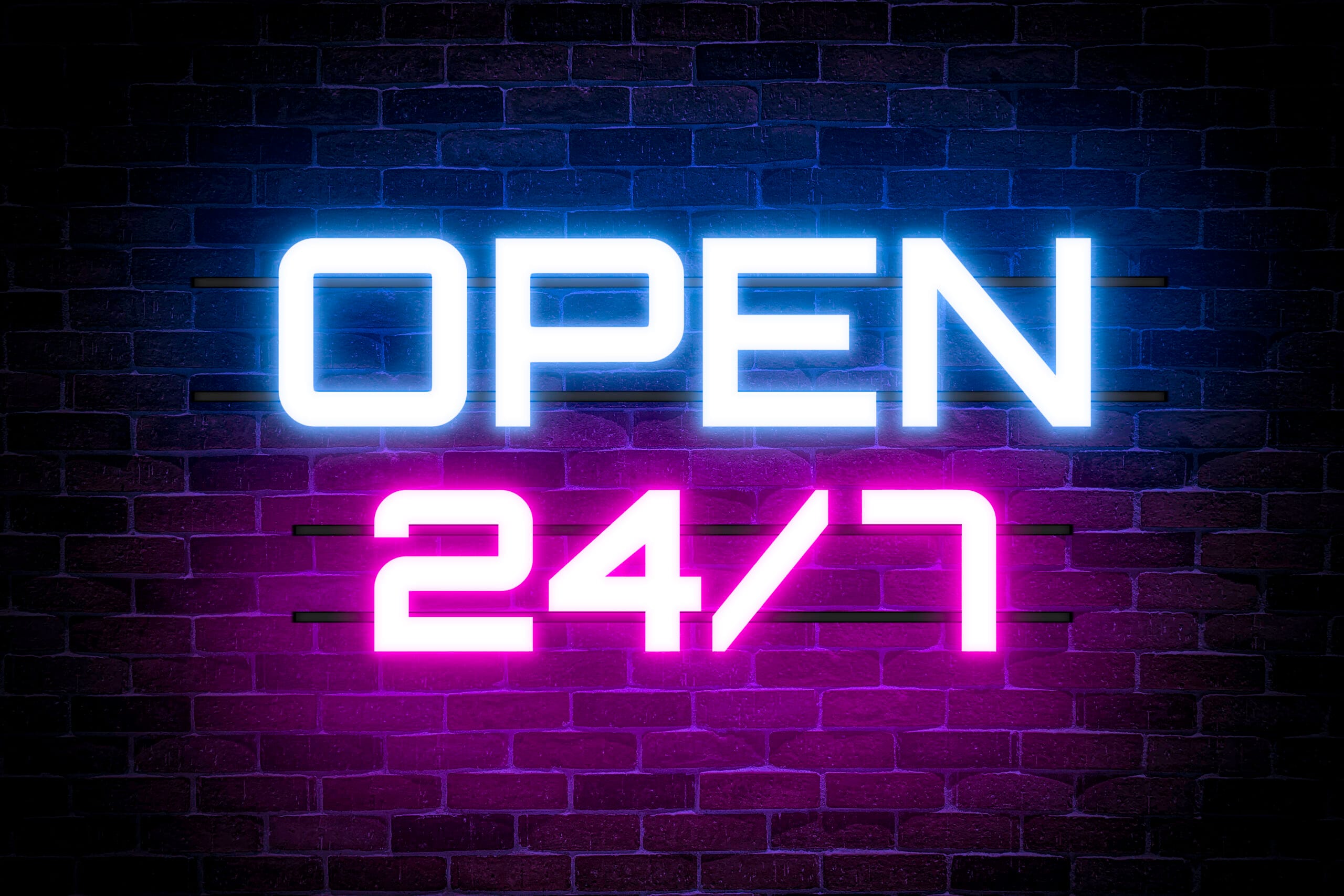
New York City is a city that never sleeps, and neither do many of its businesses. From financial firms and hospitals to call centers and convenience stores, countless workplaces operate around the clock. Keeping these 24/7 environments clean presents unique challenges, requiring strategic planning and execution. A well-maintained workspace ensures a hygienic, safe, and productive atmosphere for employees and customers alike. Here’s a guide to effective cleaning strategies tailored to NYC’s always-on businesses.
Unlike traditional offices with fixed hours, 24/7 workspaces must navigate cleaning schedules around active work periods. This creates challenges such as:
To overcome these challenges, businesses should implement structured cleaning strategies that balance hygiene and operational efficiency.
A comprehensive cleaning strategy involves different levels of cleaning at various times of the day:
By staggering cleaning tasks, businesses can maintain hygiene without interfering with daily operations.
Workspaces with constant use accumulate germs quickly. Special attention should be given to:
Using disinfectants recommended by the CDC and EPA ensures these surfaces remain germ-free and safe for employees and visitors.
Investing in high-quality cleaning tools improves efficiency and effectiveness. Essential equipment includes:
Businesses with specialized needs, such as medical offices, should also use industry-specific sterilization methods.
Sustainability is a growing priority for NYC businesses, and using eco-friendly cleaning products benefits both the environment and employees’ well-being. Consider:
Green cleaning reduces exposure to harsh chemicals and aligns with corporate sustainability goals.
Outsourcing cleaning to a professional team such as NYC Cleaning and Maintenance ensures high standards of cleanliness without disrupting business operations. We offer:
Hiring professionals also ensures compliance with local health codes and OSHA regulations.
While a professional cleaning team is essential, employees can contribute to maintaining cleanliness:
Fostering a culture of cleanliness helps maintain hygiene standards between scheduled cleanings.
Technology can enhance cleaning efficiency in 24/7 workspaces. Consider:
Smart cleaning solutions help businesses optimize resources while improving workplace hygiene.
Keeping NYC’s 24/7 businesses clean is a complex but essential task. By developing a layered cleaning schedule, focusing on high-touch areas, investing in professional services, and leveraging smart technology, businesses can maintain a safe and sanitary environment for employees and customers alike. In a city that never sleeps, a well-planned cleaning strategy ensures that workplaces remain spotless, no matter the hour.
Copyright © 2024 NYC Cleaning